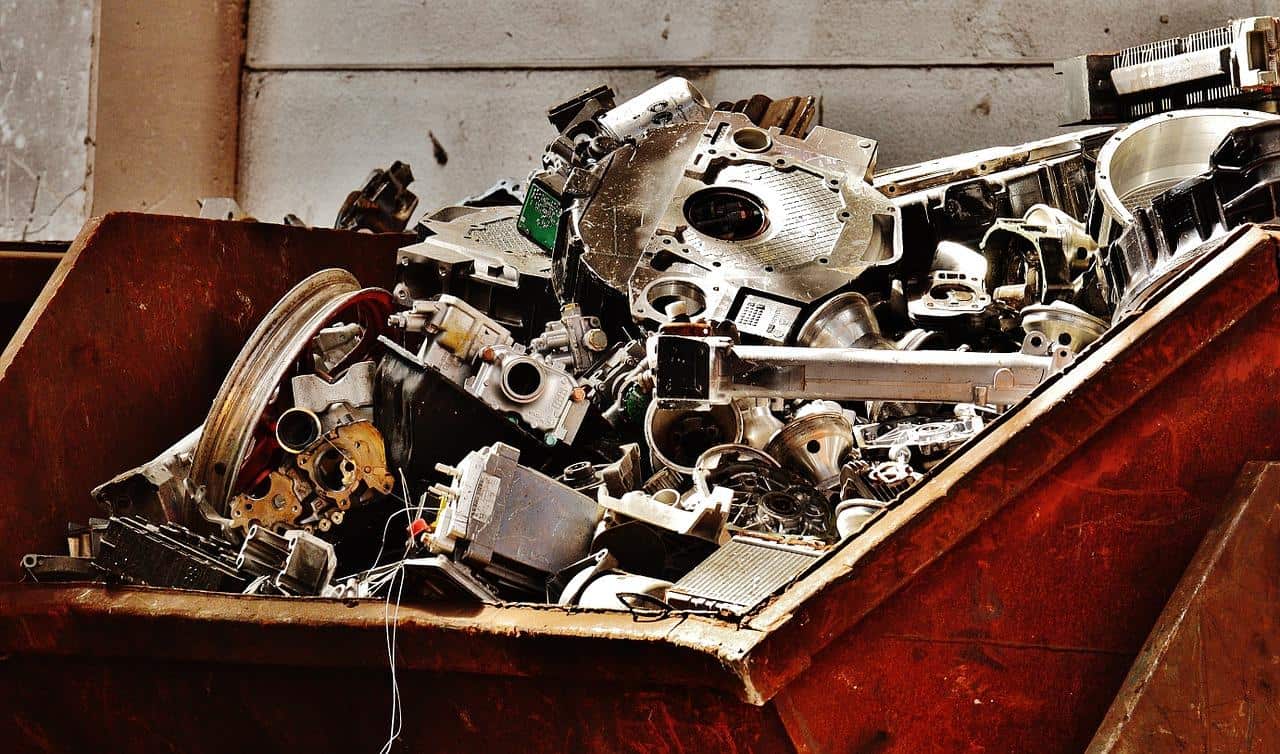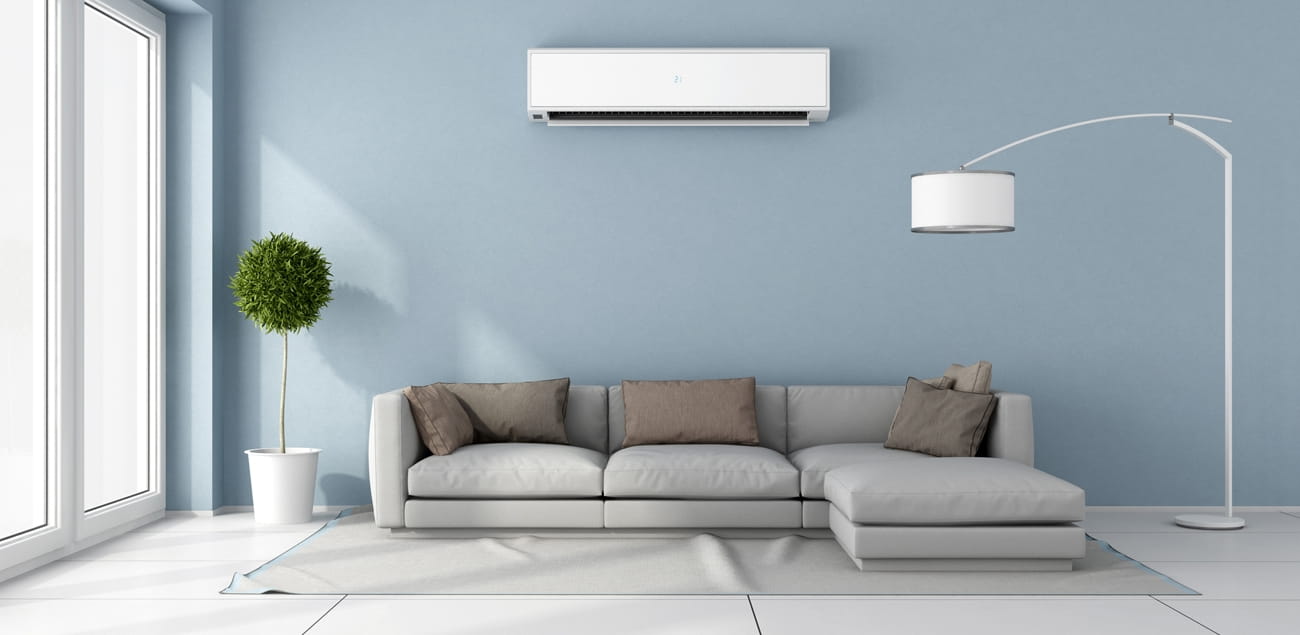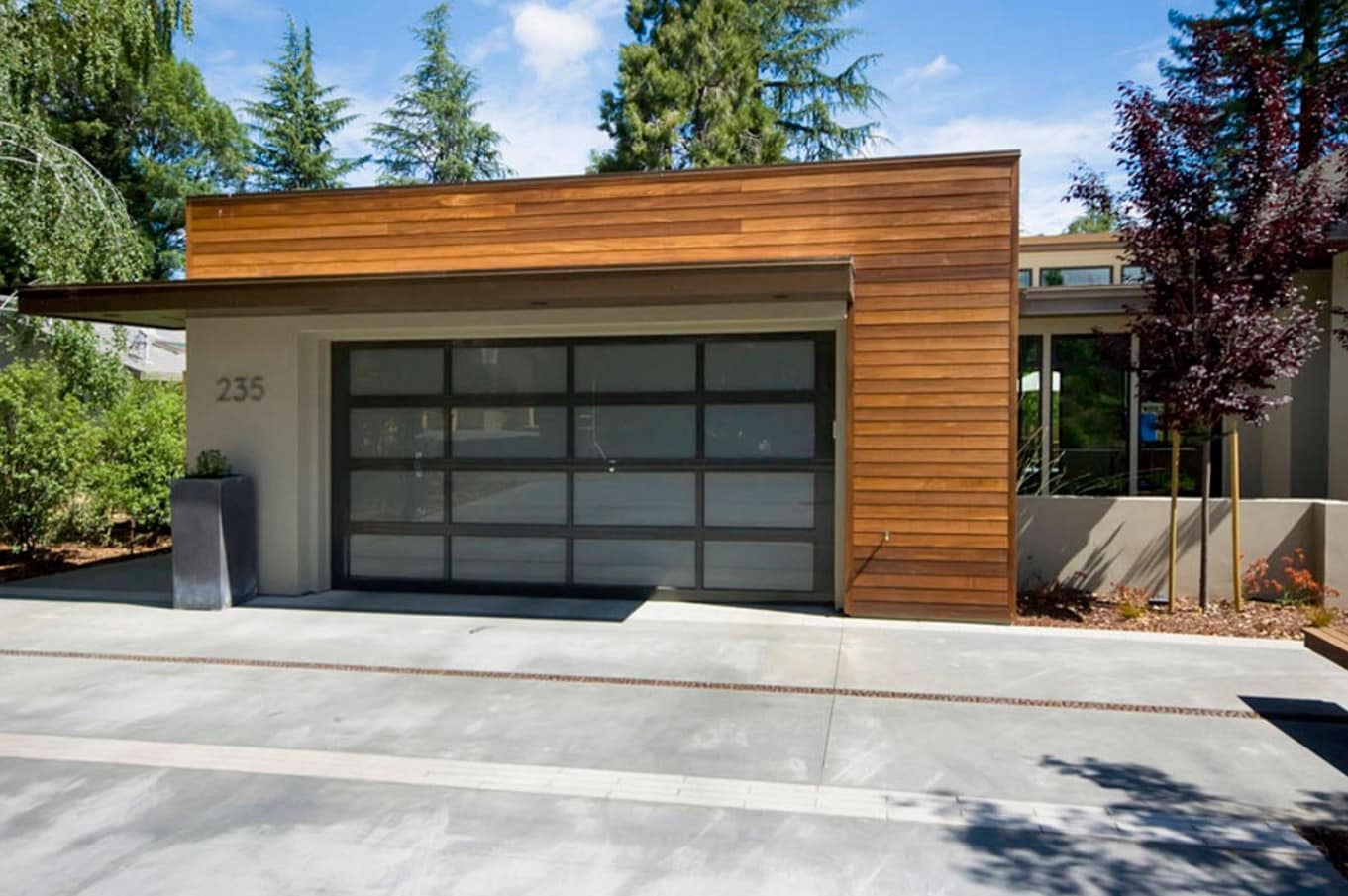Did you know that 11% of the human population (over 800 million people) will suffer directly from the side effects of climate change (drought, floods, and heatwaves)?
Come on, let’s take care of mother nature. It’s about time we took our responsibility as human beings.
We’ll talk about how carelessly disposing of air conditioners promotes climate change and where to recycle air conditioners after use.
Climate change now threatens the survival of Mankind- It’s our own doing. One of the best ways we can improve this situation is by being careful about how we dispose of our non-biodegradables.
Not only is an air conditioner non-biodegradable, but it also possesses dangerous gases that deplete the ozone layer.
Are Air Conditioners Dangerous?
Yes and no. Allow us to explain.
In some regions, air conditioners are treated as a luxury. However, to some (especially those in hot climates), air conditioners are lifesavers. Air conditioners are generally good for home use. But, there are a few cases where this appliance will negatively affect your health:
- Low-quality (leaking) air conditioners
- Poorly recycled air conditioners
Do you know what a refrigerant is? It’s a special fluid found in air conditioners, refrigerators, and freezers. It’s the cooling agent responsible for absorbing heat from the environment.
Until 2010, Freon (R-22) was the most popular refrigerant for air conditioners. However, scientists found out of its negative effects on the ozone layer and permanently banned it. The ozone-friendly R-410A replaced Freon.
Freon is indeed more dangerous than R-410A and other environmentally friendly refrigerants. However, all of them are still greenhouse gases. Even though the new ones don’t deplete the ozone layer, they’re still bad for the environment- It’s one of the main reasons you’ve to be careful about where you dispose of air conditioners (You just can’t dispose of an air conditioner in a trash bin).
Freon vs. R-410A
To those still using air conditioners manufactured before 1st of January 2010,
As mentioned earlier, Freon is a toxic substance that not only depletes the ozone layer but also affects the health of those exposed to its hydrochlorofluorocarbons constituents. However, there are other reasons why you should replace your old air conditioner with a newer one.
Save on cash and improve efficiency: Buying a new air conditioner sure sounds expensive, but it’s the cheaper alternative. Freon air conditioners are less efficient than “modern” air conditioners- This is because Freon can’t absorb as much heat as R-410A or any of the modern refrigerants. As a result, your old air conditioner has to run for longer to cool your room.
“Modern” air conditioners save a lot of money on electricity bills. In addition to that, you’ll have to spend a lot of money on freon replacement should your air conditioner leak (Freon is pricey because it’s no longer in production).
Can’t I just use my old air conditioner with the new refrigerants?
No, it’s not possible to use R-410A with an old air conditioner (those originally used with Freon).
R-410A isn’t compatible with old units since it needs a system that can withstand a lot of pressure- this boosts efficiency. Your only option is to recycle your current ac unit and upgrade it to a modern one. If you live in Phoenix and are looking to buy a new air conditioner, read more here.
Where to Dispose Air Conditioners
First, you should know that it’s illegal to throw your old air conditioner in a trash bin or some dumpsite somewhere.
There are a couple of places you can dispose of your air conditioner and not feel guilty afterward. There are even ways you can recycle your old air conditioner and make some money.
Of course, not all these options will be available to you in your area. It’s up to you to do some research and find the means that suits you the best.
Local Disposal Regulations
Take a look at the environmental laws in your state. There must be a statement or two that talks about appliances or electronic waste management. In some cases, you need to do some preparations before disposing of your air conditioner. Most of the time, the law requires you to seek the services of a technician to help remove and recycle the refrigerant before disposal.
Retailer Trade-ins
We’ve seen this in the smartphone industry. Some retailers offer to take back old air conditioners in exchange for discounts for newer models. We strongly advise you to check with the manufacturer or retailer and see if they offer this service. This is one of the best ways you can ensure that your old air conditioner is recycled.
Bounty Trade-ins
Bounty trade-ins give you the option of trading in your old air conditioner in exchange for cash (These chances are usually offered by electricity utility companies). The company will “buy” your old air conditioner for recycling or its spare parts (It’s a good way to make some money as you save for a newer and more efficient air conditioner).
Donation and Charity Programs
Sometimes your air conditioner is old but still in good working conditioner. If this is the case, donate your air conditioner to people who need one but can’t afford to get a new one. Look for schools, adult homes, and children’s homes around you. You can even donate one to your neighbor or friend (It’s a worthier course than dangerously throwing it away).
You now know where to take old air conditioners. Do mother nature a favor and help keep our environment clean.








